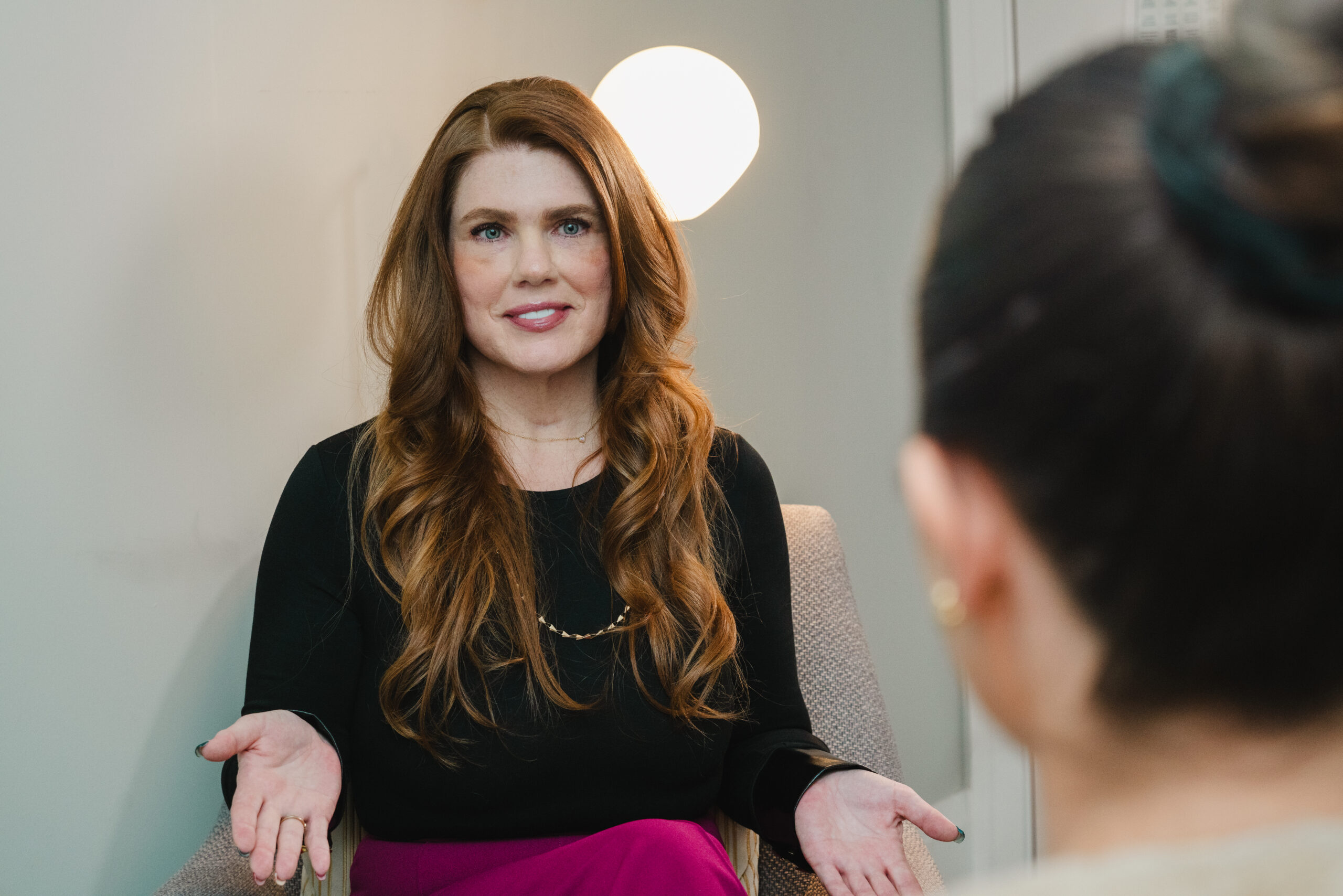Astute • Evidence-based Care
Obsessive–Compulsive Disorder (OCD) Therapy at Astute
Specialized, evidence-based treatment for obsessions and compulsions—so you can reclaim time, freedom, and peace of mind.
Understanding OCD
 OCD involves unwanted, intrusive thoughts, images, or urges (obsessions) that create anxiety, followed by repetitive behaviors or mental acts (compulsions) aimed at reducing distress or preventing feared outcomes. Compulsions provide short-term relief but reinforce the cycle over time.
OCD involves unwanted, intrusive thoughts, images, or urges (obsessions) that create anxiety, followed by repetitive behaviors or mental acts (compulsions) aimed at reducing distress or preventing feared outcomes. Compulsions provide short-term relief but reinforce the cycle over time.
What Is OCD? (Psychoeducation)
OCD can present in many ways and does not require visible rituals. Mental compulsions (rumination, reassurance seeking, checking memories) are just as significant as physical rituals.
- Common themes: contamination/washing, checking, symmetry/“just right,” harm, sexual/relationship, religious/scrupulosity, health, and existential obsessions.
- The OCD loop: trigger → obsession → anxiety/doubt → compulsion/avoidance → temporary relief → stronger loop.
- Treatment works: Exposure and Response Prevention (ERP) is the gold standard. CBT, ACT, and mindfulness help relate differently to intrusive thoughts and tolerate uncertainty.
Therapy Options at Astute

- Exposure & Response Prevention (ERP)
- Collaboratively build a hierarchy and practice exposures while reducing or blocking compulsions—paced, supportive, and data-driven.
- CBT for OCD
- Identify thinking traps (inflated responsibility, over-importance of thoughts) and reduce reassurance/avoidance behaviors.
- ACT & Mindfulness
- Make space for intrusive thoughts and sensations without engaging; choose actions aligned with values despite uncertainty.
- Family/Partner Involvement
- Reduce accommodation and create a supportive, non-reassuring environment that strengthens progress.
- Coordinated Care
- When helpful, we collaborate with prescribers regarding medication options (e.g., SSRIs) and overall treatment planning.
- Holistic Supports (Adjunct)
- Stress-regulation practices like breathwork, gentle yoga, or somatic movement may complement ERP by lowering baseline arousal. These are supportive—not a substitute for ERP.
Coordinated Support

- Collaboration with psychiatry/primary care for evaluation and medication management
- School/work accommodation guidance when appropriate
- Education and coaching for families/partners to reduce accommodation
What to Expect at Astute
- Thorough assessment: map obsessions, compulsions, avoidance, and accommodation.
- ERP plan: build a graded hierarchy; set measurable goals; track wins.
- Skills for uncertainty: practice response prevention, urge surfing, and acceptance.
- Maintain & prevent relapse: booster exposures, values-led routines, and support.
Why Choose Astute
- Specialized ERP with CBT/ACT integration
- Warm, nonjudgmental care for all OCD themes (including taboo/harm/sexual/faith-related)
- Family-inclusive coaching to reduce accommodation
- In-person and telehealth options
Suggested Holistic Supports (Adjunct to ERP)
- Breathwork & mindfulness to lower baseline arousal
- Gentle yoga or somatic movement for body regulation
- Sound bath for stress recovery and sleep
- Sleep hygiene and nervous-system education
In Crisis?
If you are in crisis, please reach out to your nearest ER immediately.We are not open for crisis situations. Our hours are 8 AM – 8 PM, Monday through Friday.
National Suicide Prevention Lifeline: 1-800-273-TALK (8255)
Text: HOME to 741741 (Crisis Text Line)